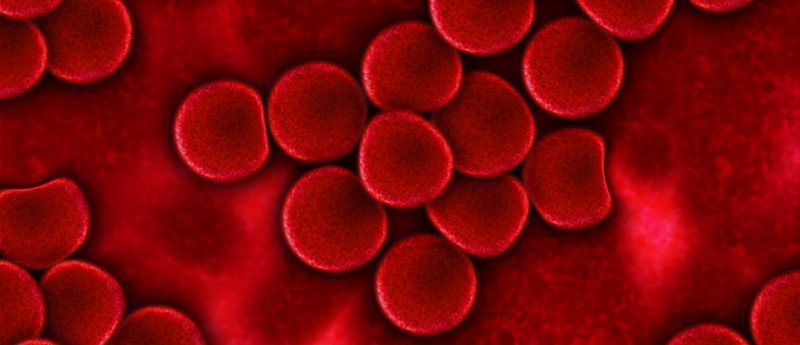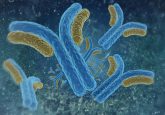A routine blood test may help predict cancer survival

Research presented at the European Society for Medical Oncology Asia congress (Lugano, Singapore) reported that a routine blood test may help predict cancer survival. The value of predictive models in cancer patients receiving palliative care was sub-analyzed looking at the current six adaptable prognostic models (SAP).
These models measure lactate dehydrogenase, neutrophil and albumin when a routine blood test is taken and can be carried out at any time after initial treatment; monitoring a change in condition.
Scientists analyzed 1015 patients; 464 of whom were in palliative care units, 166 were receiving care at home and 385 were receiving palliative care in hospital. Receiver operating characteristic analysis was calculated to demonstrate the ability of the SAP models to predict cancer survival.
Lead author Yu Uneno (Kyoto University, Japan) explains: “We found that the SAP models had a good ability to predict that a patient would die in 1–3 months. The prediction was accurate in 75–80% of cases.”
“The SAP models could be a promising decision aid for healthcare professionals and patients. Accurate prediction of survival allows patients adequate time to prepare for their impending death and is vital for planning effective palliative care.”
The team reported that an accurate predicted prognosis improves end of life care for cancer patients as well as caregivers.
“The rapidly increasing armamentarium of anti-cancer therapy means that cancer patients can receive multiple lines of chemotherapy, immunotherapy or targeted therapy. Cancer patients may have aggressive treatment until the very last days of life, not without physical symptoms and great financial cost. Information about a cancer patient’s prognosis will help weigh the benefits and burdens of further cancer-directed treatment” commented Grace Yang (National Cancer Centre, Singapore).
Yang concluded, “Knowing the patient’s prognosis will facilitate decision making regarding trade-offs, not only for anti-cancer therapy, but for treatments directed at relieving symptoms. For example, in deciding between pain-relieving treatments with different time horizons for onset and duration of effect, with different side effects/ risk profiles and different financial costs. As we get closer to knowing how long a cancer patient has to live, further studies exploring the ethical and psychological implications will also be worthwhile.”
Sources: Uneno Y. Routine Blood Test Predicts How Long Cancer Patients Will Survive. Proceedings of European Society for Medical Oncology Asia congress. Lugano, Singapore, 16-19 December 2016; http://www.esmo.org/Conferences/ESMO-Asia-2016-Congress/News/Routine-Blood-Test-Predicts-How-Long-Cancer-Patients-Will-Survive?hit=ehp





